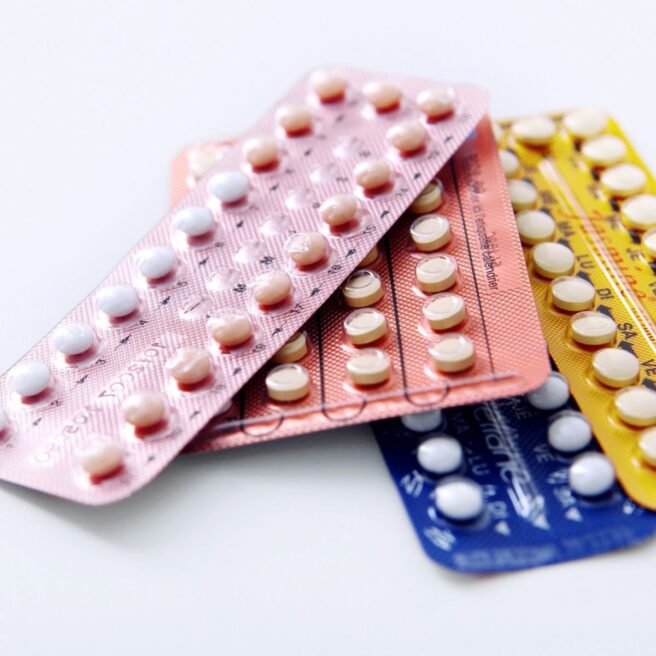Pharmacists Are An Untapped Contraceptive Provision Source

Posted by Maralyn Doering
August 20, 2021

As a young adult, I began taking contraceptive pills to help control my polycystic ovary syndrome(PCOS). I was given the pills in the hopes that they would help me lose weight and slow my facial hair growth. After a quick consultation with a pharmacist, I was on my way home with a birth control prescription. Like many people who live on the U.S./Mexico border, I was receiving and purchasing this prescription in Mexico at a pharmacy. I had struggled to get birth control at a local hospital clinic before because I was uninsured, and I could not see a doctor unless I had insurance or I was covered under the Texas Healthy Women Medicaid program. Unlike the U.S., purchasing medicine in Mexico doesn’t always require a prescription, and most pharmacists will consult with people looking to buy medications. To me, this ease of access shows how pharmacists could play an instrumental role in making contraceptives more accessible to people who want them.
Currently, in the U.S., there are thirteen states that allow pharmacists to prescribe contraceptives. These states all have varying rules around the age of patients, what types of contraceptives can be provided, and the written materials that pharmacists are required to provide along with contraceptives. The contraceptives provided are all short-term, such as the patch or pill.
Contraceptive access has been under question for a long-time, but the COVID-19 pandemic brought to light how contraceptive access is viewed as a medical service. In times when medical services were greatly reduced and restricted, people noted a decrease in their ability to access contraceptives. While online prescription services have started providing some people with a way to access contraception beyond in-person appointments, there are limits to what these online services can provide. For example, some online contraceptive services require a medical consultation with a service provider before people can order contraceptives. And while some contraceptive services can place orders for pick-up at local pharmacies, not all of them offer this service. This would mean that people would have to wait for contraceptive orders to arrive via mail. Online contraceptive services can also be more expensive than in-person care.
Along with more nuanced views on contraceptive access, the COVID-19 pandemic has shown us the ways in which pharmacists can take a more hands-on role in medical care provision. During the pandemic, pharmacists served as a first-line for COVID vaccination provision. For BIPOC individuals, pharmacists could also be a low-pressure contraceptive source. The history of medical provision for communities of color in the U.S. is marred by overt and covert medical racism, which continues today. In current contraceptive provision, studies have shown that POC’s individual experiences with contraceptive provision are that medical providers do not take into account the contraceptive preferences and concerns of their patients. Instead, patient experiences’ demonstrate that providers prioritize pregnancy prevention at the cost of patients’ comfort, intentionally minimizing patients’ concerns about the side effects of contraceptives. This pregnancy prevention stance is mirrored in the ways that low-income contraceptive access programs are funded and marketed. These programs and policies are often written with low-income and POC as the main targets. Public policy around contraceptive access programs describes contraceptives, particularly long-acting, reversible contraceptives as a cure-all for other social problems, such as poverty and climate change. This framing removes concerns about what people want and need for contraceptive care. The focus on pregnancy prevention alone removes the people from the discussion altogether, creating a theoretical argument about pregnancy prevention without considering the people it impacts.
Ultimately, because of their knowledge and general availability, pharmacists are an untapped source in the push for the expansion of contraceptive access. While this is not by any means a permanent or perfect solution to the issue of contraceptive access, for individuals like myself, who are uninsured or who do not have immediate access to a doctor, the ability to walk into a pharmacy and discuss potential contraceptive services is a game-changer.
Leave a Reply
You must be logged in to post a comment.

